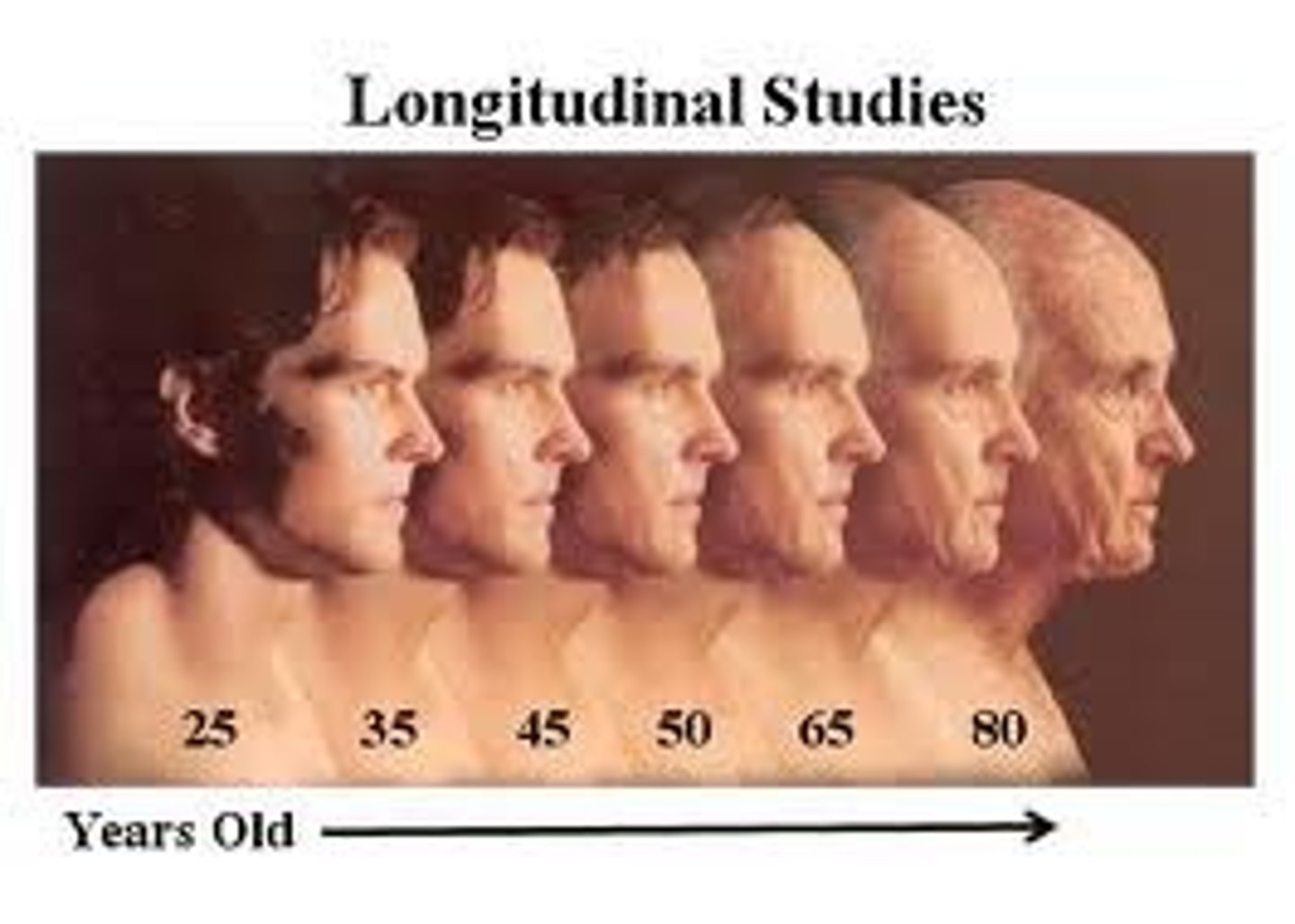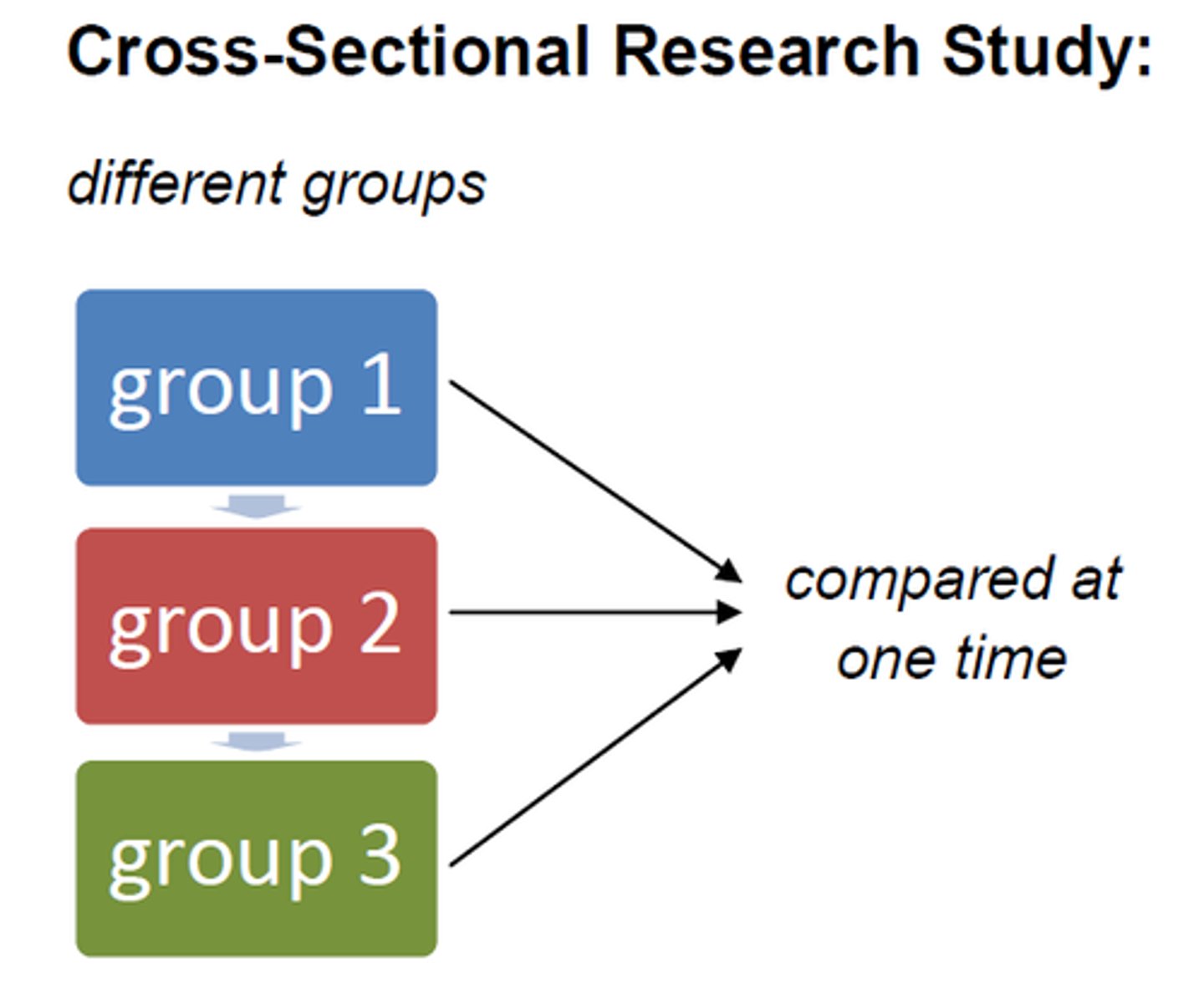Openstax Psychology Chapter 2
1/97
There's no tags or description
Looks like no tags are added yet.
Name | Mastery | Learn | Test | Matching | Spaced | Call with Kai |
|---|
No analytics yet
Send a link to your students to track their progress
98 Terms
Empirical
grounded in objective, tangible evidence that can be observed time and time again, regardless of who is observing
Trephination
Practice of making a hole in the skull, allowed evil spirits to leave the body, curing mental illness and other disorders
D.A.R.E (Dare Abuse Resistance Education)
Police officers coming into the classroom to educate students about the dangers of becoming involved with alcohol and other drugs
Deductive reasoning
results are predicted based on a general premise
Inductive reasoning
conclusions are drawn from observations
Theory
well-developed set of ideas that propose an explanation for observed phenomena
Hypothesis
A testable prediction about how the world will behave if our idea is correct and is often worded as if-then statement
falsifiable
able to be disproven by experimental results, shown to be incorrect
clinical or case study
observational research study focusing on one or a few people
Generalizing
refers to the ability to apply the findings of a particular research project to larger segments of society
naturalistic observation
Observing behavior in its natural setting. It's critical that the observer be as unobtrusive and as inconspicuous as possible
observer bias
when observations may be skewed to align with observer expectations
inter-rater reliability
a measure of reliability that assesses the consistency of observations by different observers
Population
Overall group of individuals that the researchers are interested in
Sample
subset of individuals selected from the larger population
Survey
list of questions to be answered by research participants—given as paper-and-pencil questionnaires, administered electronically, or conducted verbally—allowing researchers to collect data from a large number of people
archival research
Examines records, whether archived as hard copy or electronically
longitudinal research
a research design in which data-gathering is administered repeatedly over an extended period of time
Cross-sectional research
a researcher compares multiple segments of the population at the same time
Correlations
Stronger the correlation, the closer the data points are to a straight line
correlation coefficient
Number between -1 to +1 that indicates strength and direction of relationship between variables. Coefficient usually represented by the letter "r"
confounding variable
unanticipated outside factor that affects both variables of interest, often giving the false impression that changes in one variable causes changes in the other variable, when, in actuality, the outside factor causes changes in both variables
Cause and effect relationship
changes in one variable cause the changes in the other variable; can be determined only through an experimental research design
illusory correlation (false correlation)
When people believe that relationships exist between two things when no such relationships exists
confirmation bias
tendency to ignore evidence that disproves ideas or beliefs
experimental group
gets the treatment or variable being tested
control group
the group that does not receive the experimental treatment.
Placebo
Peoples expectations or beliefs influencing or determining their experience in a given situation
operational definition
Description of how we will measure our variables
independent variable
Manipulated or controlled by experiment
dependent variable
The outcome factor; the variable that may change in response to manipulations of the independent variable.
participant
Subjects of psychological research from a sample group that's a subset of the larger population
Peer-reviewed
Articles are written by experts and are reviewed by several other experts in the field before the article is published in the journal in order to insure the article's quality.
Reliability
Refers to the ability to consistently produce a given result
Validity
Refers to extent to which a given instrument or tool accurately measures what it's supposed to be measured
IRB (Institutional Review Board)
Meets regularly to review experimental proposals that involves human participants
informed consent
A written description of what participan expect during the experiment, including potential risks and implications of the research
IACUC (Institutional Animal Care and Use Committee)
review and approve procedures. Committee must include a veterinarian and someone not affiliated with the facility.
systematic scientific research
research broken into clear steps
Emperical
based on observation or experiment and not on theory
Deductive vs. Inductive Reasoning
Deductive (top down)- Starting with general rules and drawing specific conclusions from them.
Inductive (bottom up)- Generalizing from specific instances.
Theory
A hypothesis that has been tested with a significant amount of data
Hypothesis
a supposition or proposed explanation made on the basis of limited evidence as a starting point for further investigation.
Falsifiability
a feature of a scientific theory, in which it is possible to collect data that will prove the theory wrong
clinical or case study
focus on one person or a small group because when you focus on a few individuals, you get an enourmous amount of data and insight into those cases
External Validity Threats
How well your research represents your population
conversion disorder
A rare somatoform disorder in which a person experiences very specific genuine physical symptoms for which no physiological basis can be found.
Naturalism Observation
observe a behaviour in its natural context
Jane Goodall
English zoologist noted for her studies of chimpanzees in the wild (born in 1934)
naturalistic observation
observing and recording behavior in naturally occurring situations without trying to manipulate and control the situation
observer bias
tendency of observers to see what they expect to see
archival research
method of research using past records or data sets to answer various research questions, or to search for interesting patterns or relationships
problems with archival research
researchers have no control over how the data was collected and no guarantee of consistency between data sets from one source to another
longitudinal research
A research design in which the same individuals are followed over time and their development is repeatedly assessed.

cross-sectional research
a research design that compares groups of people who differ in age but are similar in other important characteristics

Issues with longitudinal research
timy, money, sustained effectiveness, and survivor bias.
correlation research
the study of the naturally occurring relationships among two or more variables
correlation coefficient
a statistical index of the relationship between two things (from -1 to +1)
+ correlation coefficient
direct relationship
- correlation coeffecient
inverse relationship
Correlation and Causation
correlation does not equal causation
illusory correlation
the perception of a relationship where none exists i.e. moon phase and mood
operational definition
a statement of the procedures used to define research variables
experimenter bias
a phenomenon that occurs when a researcher's expectations or preferences about the outcome of a study influence the results obtained
single-blind study
study in which the subjects do not know if they are in the experimental or the control group
double-blind study
An experiment in which neither the participant nor the researcher knows whether the participant has received the treatment or the placebo
independent variable
variable that is manipulated by the experimenter
dependent variable
measured by experimenter
random sample
method of selecting from a population in which each person has an equal probability of being selected
random assignment
assigning participants to experimental and control groups by chance, thus minimizing preexisting differences between those assigned to the different groups
alpha level
probability required for significance
Reliabity
Measure of the consistency and reproducibility of test scores when the test is readministered
Reliability
Ability of a test to yield very similar scores for the same individual over repeated testings.
IRB
Institutional Review Board, review research in advance to ensure ethical considerations are met
informed consent form
a statement that describes the study, your rights, and the researcher and formally requests participation
deception
misleading participants about the true purpose of a study or the events that will actually transpire
Debriefing
the post-experimental explanation of a study, including its purpose and any deceptions, to its participants
IACUC
Institutional Animal Care and Use Committee, insure humane treatment
The scientific process is __________, both inductive and deductive reasoning.
circular
In order to assess whether viewpoints on decriminalization of marijuana for medical purposes change with age, four groups of participants, ages 20, 30, 40, and 50, are asked whether they support this issue. What is one flaw of this design?
social or cultural factors may influence the results, not age
Tuskegee Syphilis Study
Research study conducted by a branch of the U.S. government, lasting for roughly 50 years (ending in the 1970s), in which a sample of African American men diagnosed with syphilis were deliberately left untreated, without their knowledge, to learn about the lifetime course of the disease.
Krista and Tatiana Hogan are participants in a(n) ________ of conjoined twins who are joined at the head.
case study
Researchers are conducting a study where they have concerns that the participant's beliefs and/or the experimenter's beliefs may skew the results. Therefore, they chose to conduct a __________study.
double blind
A basic experiment involves at least __________ participant groups.
two
What is a limitation that affects the generalizability of research results?
inter rater reliability
The _________ group does not get the experimental treatment.
control
What would be the most difficult to research using the emperical method?
whether the id, ego, or superego is most responsible for emotional reactions.
An ___________ is a variable that affects both variables of interest and may falsely give the impression of a cause and effect relationship.
independent
frontal lobe
A region of the cerebral cortex that has specialized areas for movement, abstract thinking, planning, memory, and judgement
motor cortex
an area at the rear of the frontal lobes that controls voluntary movements
prefrontal cortex
part of frontal lobe responsible for thinking, planning, and language
Broca's area
Controls language expression - an area of the frontal lobe, usually in the left hemisphere, that directs the muscle movements involved in speech.
Phineas Gage
railroad worker who survived a severe brain injury that dramatically changed his personality and behavior; case played a role in the development of the understanding of the localization of brain function
parietal lobe
A region of the cerebral cortex whose functions include processing information about touch.
temporal lobe
A region of the cerebral cortex responsible for hearing and language.
auditory cortex
the area of the temporal lobe responsible for processing sound information
somasensory cortex
area at the front of the parietal lobes that registers and processes body touch and movement sensations
occipital lobe
A region of the cerebral cortex that processes visual information